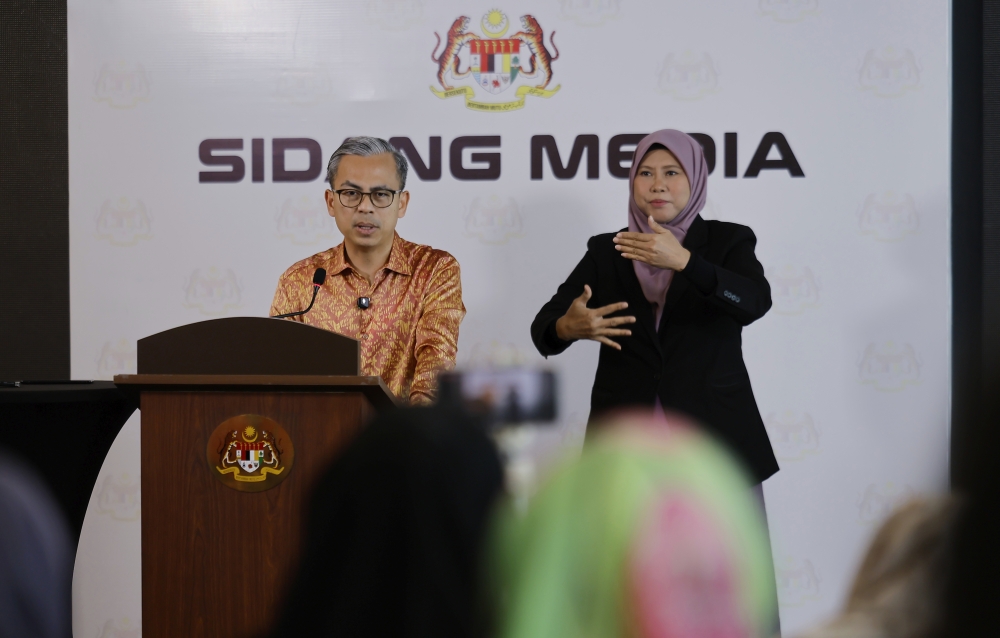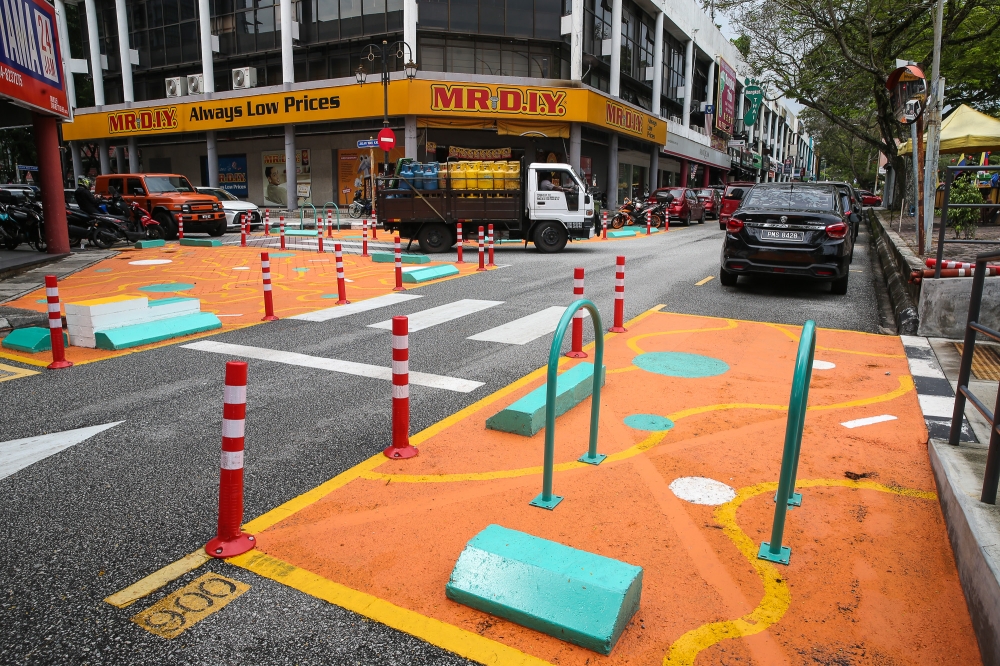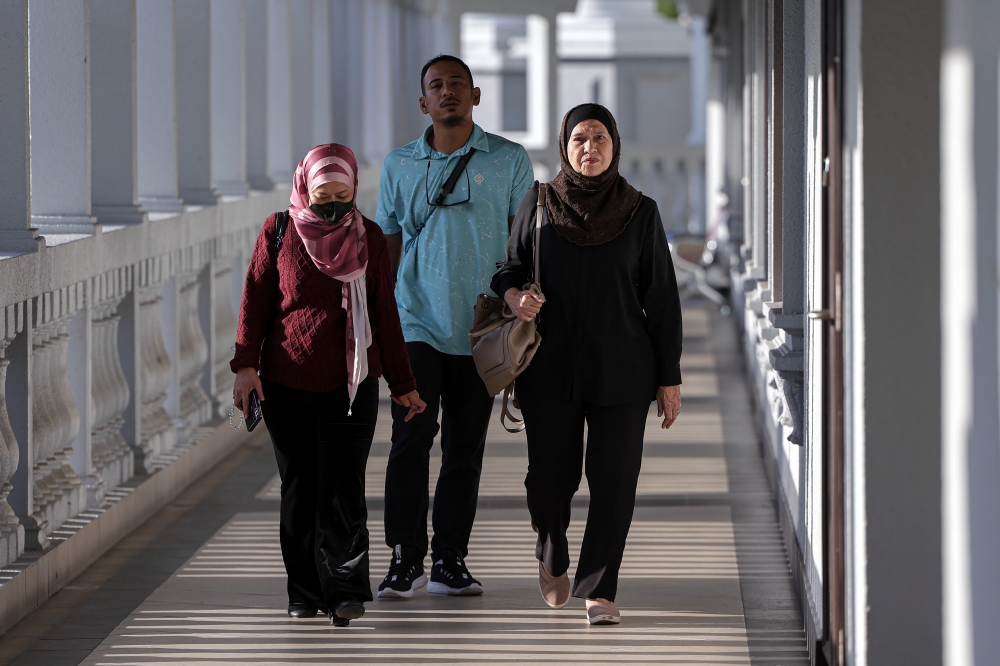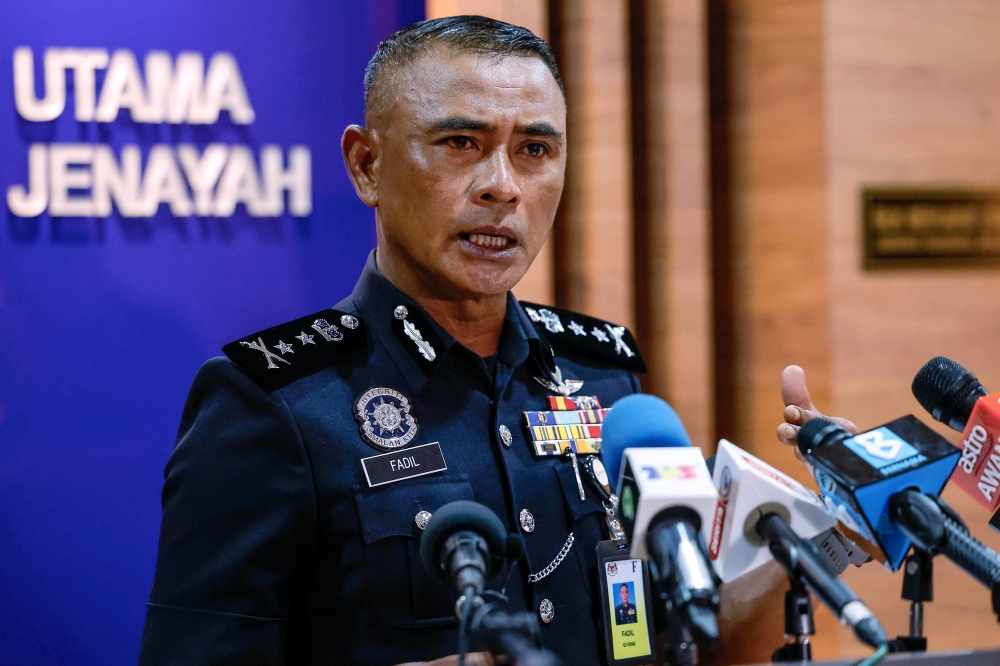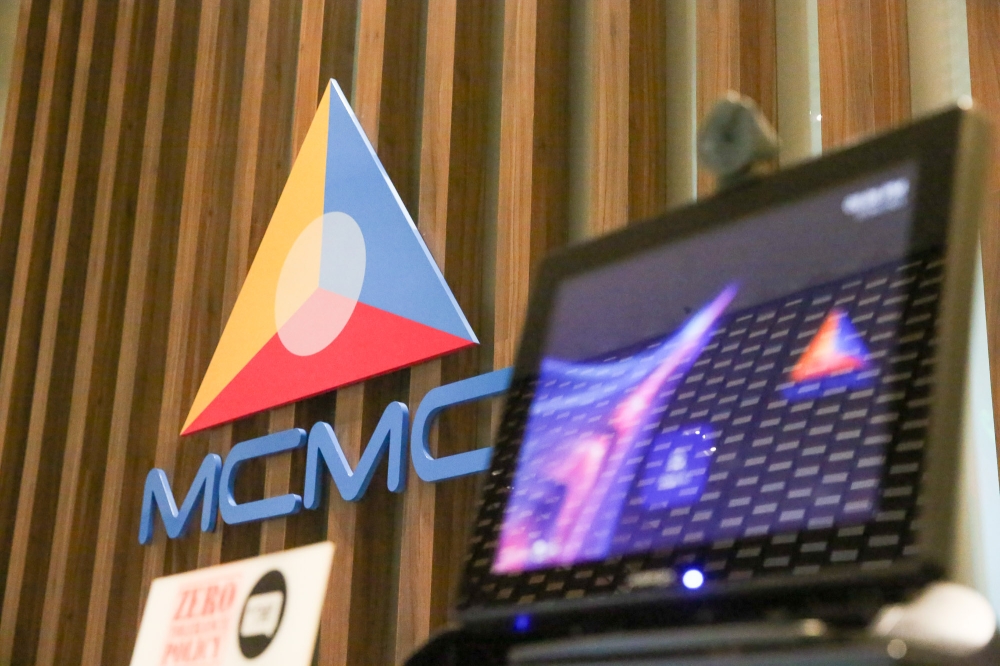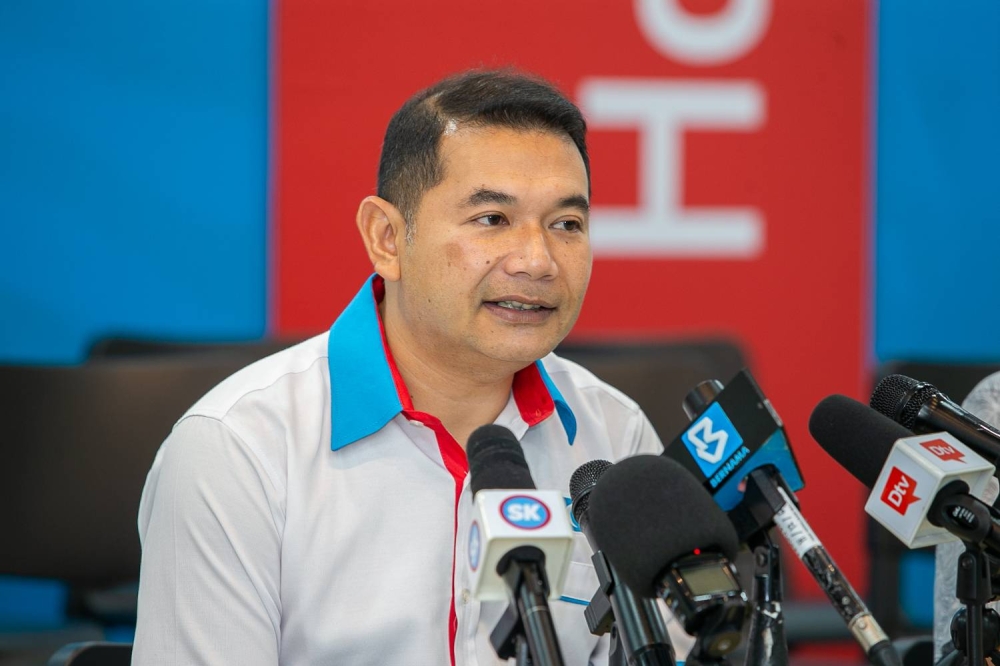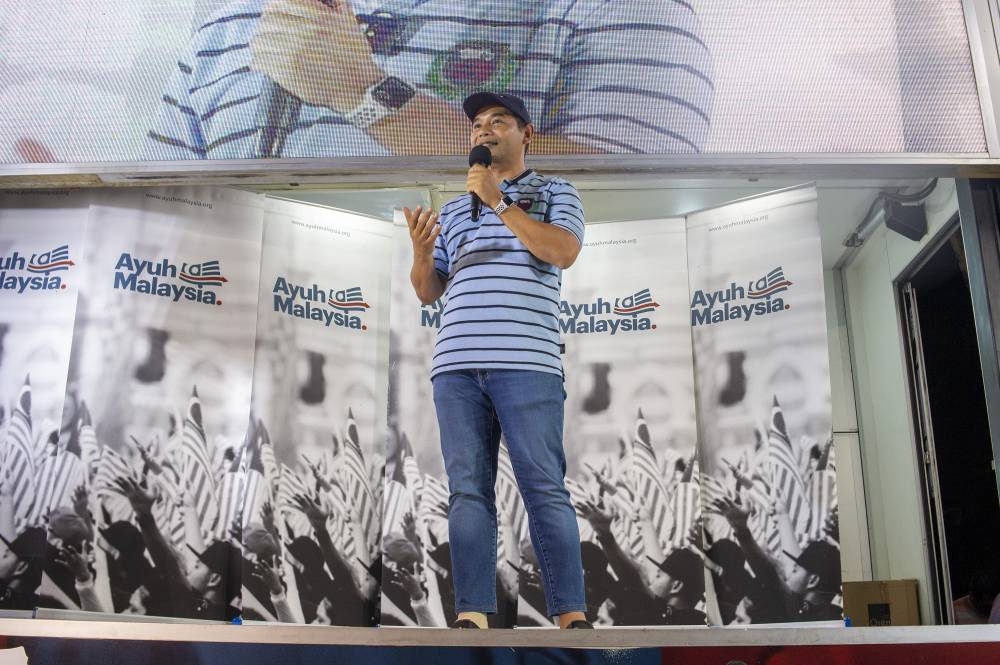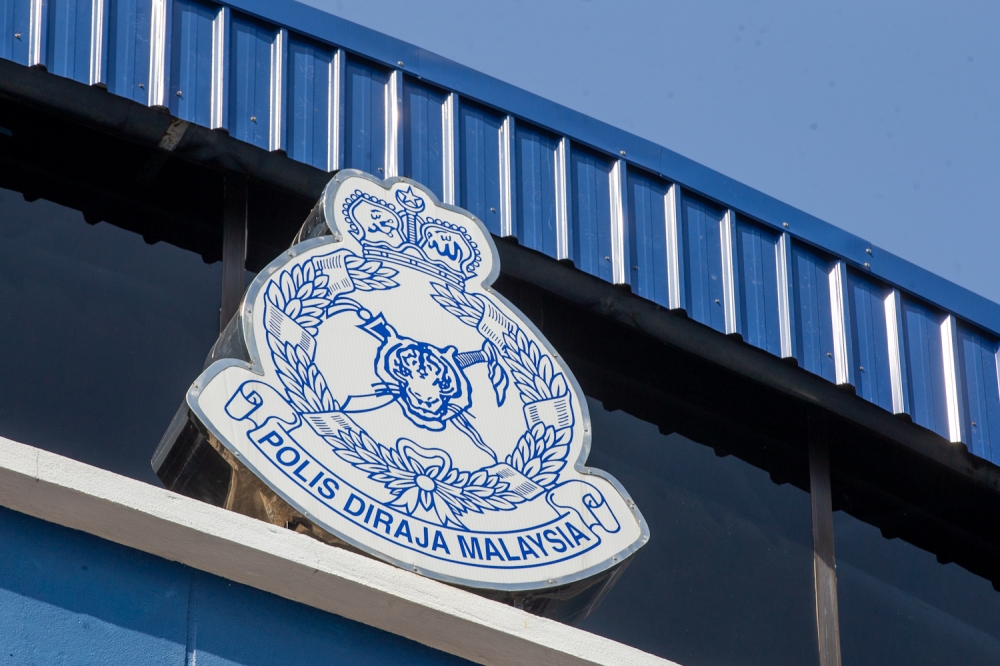PETALING JAYA, Nov 1 — PKR deputy president Rafizi Ramli said he will be picking up where he left off in his exposé of the Littoral Combat Ship (LCS) project, by identifying a personality linked to that and one other “big” scandal on Thursday.
He claimed the figure, “a known business associate” of both Umno and Bersatu leaders, was allegedly involved in JSD Corporation Pte Ltd, a company that has been linked to former deputy defence minister Datuk Seri Dr Abdul Latiff Ahmad.
“The person is a known player, and for two decades, he has been under the radar.
“When I reveal who he is in two days’ time, everyone will understand who is to blame for the scandal,” he told a press conference at the PKR headquarters today.
Rafizi today said the denials of Dr Abdul Latif, who is the incumbent Mersing MP, were not convincing as he allegedly had links with more than one of the companies named in the LCS Forensic Audit Report.
“(Abdul) Latiff Ahmad’s involvement in the procurement of the LCS project is more difficult to deny because there are several other companies named in the Forensic Audit Report that are related to him.
“If the internal investigation so far only names one company that is related to Latiff Ahmad, he could claim that the investigation was wrong,” he said.
Rafizi had previously claimed in a statement that a person named Zainab Mohd Salleh was the second wife of Dr Abdul Latiff and the owner of an offshore company which LCS funds were funnelled into.
The LCS project is said to be the largest defence procurement in Malaysia’s history with a total cost of RM9 billion.
The project to build six armed vessels capable of near-shore fighting reportedly began in 2013 and is supposed to be completed and delivered to the navy by end of next year.
Parliament’s Public Accounts Committee released a report on August 8 that found the government had already paid RM6.083 billion to the contractor Boustead Naval Shipyard, with not a single vessel delivered despite cost overruns of RM1.4005 billion.


